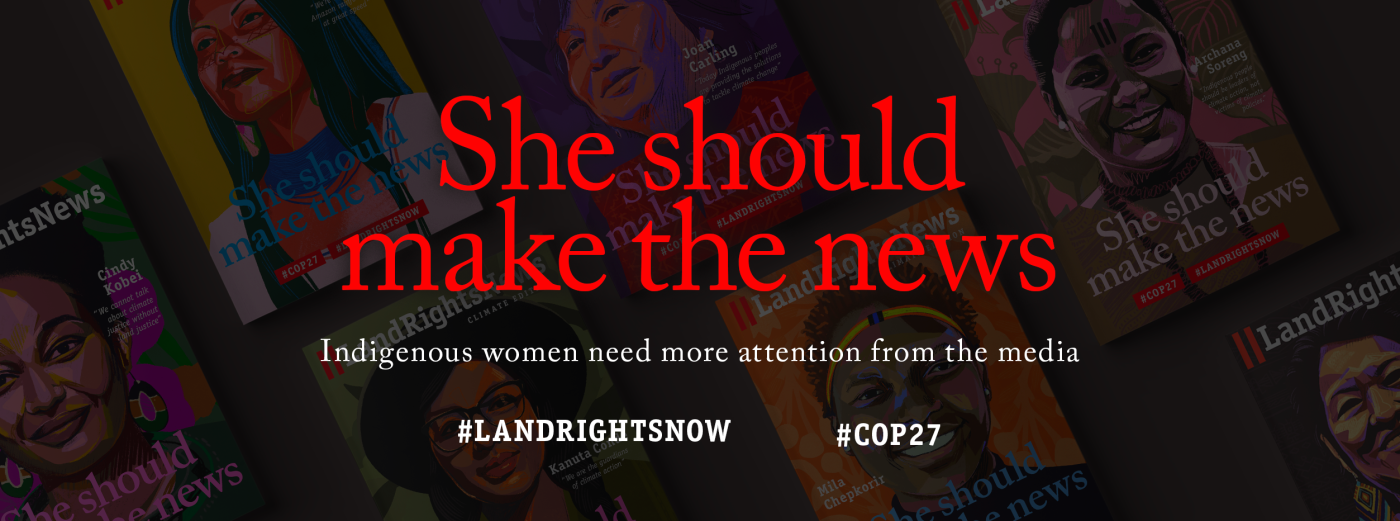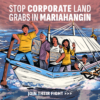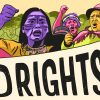On February 28, 2022, the Intergovernmental Panel on Climate Change (IPCC) released their sixth assessment report, detailing the impacts of climate change on ecosystems, biodiversity, and human communities at global and regional levels.[mfn]“Climate Change 2022: Impacts, Adaptation and Vulnerability.” International Panel on Climate Change , February 28, 2022. https://www.ipcc.ch/report/sixth-assessment-report-working-group-ii/. [/mfn] Among their findings were the “widespread, pervasive impacts” of global warming, which include heat-related human mortality, severe drought, prolonged wildfire seasons, and heavy precipitation events.[mfn] IPCC, 2021: Summary for Policymakers. In: Climate Change 2021: The Physical Science Basis. Contribution of Working Group I to the Sixth Assessment Report of the Intergovernmental Panel on Climate Change [Masson-Delmotte, V., P. Zhai, A. Pirani, S.L. Connors, C. Péan, S. Berger, N. Caud, Y. Chen, L. Goldfarb, M.I. Gomis, M. Huang, K. Leitzell, E. Lonnoy, J.B.R. Matthews, T.K. Maycock, T. Waterfield, O. Yelekçi, R. Yu, and B. Zhou (eds.)]. Cambridge University Press, Cambridge, United Kingdom and New York, NY, USA, pp. 3−32, doi:10.1017/9781009157896.001.[/mfn] Yet the climate-induced crisis predicted by the report merely echoes the observations Indigenous communities have made about our warming earth for decades.
In an environmental era which Secretary-General António Guterres has called “a code red for humanity,” Indigenous peoples live on the front lines.[mfn]Ibid.[/mfn] Their reciprocal lifeways are threatened by changing landscapes which no longer reliably offer the foods and resources upon which they have depended for generations.[mfn]Norton-Smith, Kathryn, Kathy Lynn, Karletta Chief, Karen Cozzetto, Jamie Donatuto, Margaret Hiza Redsteer, Linda E Kruger, Julie Maldonado, Carson Viles, and Kyle P Whyte. Rep. Climate Change and Indigenous Peoples: A Synthesis of Current Impacts and Experiences. General Technical Report. Portland, OR: Pacific Northwest Research Station, 2016. https://www.fs.usda.gov/pnw/pubs/pnw_gtr944.pdf [/mfn] Further, many suffer from spiritual and mental consequences related to climate change, which Indigenous peoples regard as a desecration of their sacred lands.[mfn]Tu’itahi, Sione, Huti Watson, and Trevor Hancock. “Waiora: the Importance of Indigenous Worldviews and Spirituality to Inspire and Inform Planetary Health Promotion in the Anthropocene.” International Union for Health Promotion and Education 28, no. 4 (December 21, 2021). https://doi.org/https://doi.org/10.1177/17579759211062261. [/mfn] Indigenous women are particularly affected. They bear the scars of extractive industry and toxic pollution, and the burden of community care at a time when food, water, and safe shelter are hard to come by. Yet far from being victims, Indigenous women are stepping up to fight for climate justice as organizers, land defenders, and symbols of resistance against what Brazilian activist Sonia Guajajara has called an “environmental genocide” against Indigenous peoples.[mfn]Scalise, Roberta. “Include Women and Indigenous People in the Fight against the Climate Crisis.” Open Democracy, November 12, 2021. https://www.opendemocracy.net/en/5050/include-women-and-indigenous-people-in-the-fight-against-the-climate-crisis/. [/mfn]
The role of Indigenous women in climate action is one of necessity. In many countries, they are at the forefront of political movements, reaching levels of representation beyond their community. They tell us that its important for the global climate discussion to be rooted with two ideas: the importance of the protection of territory and that their worldviews are not just valid, but valuable.
Despite the historic and current leadership of Indigenous women in climate organizing, their voices have often been marginalized within the mainstream climate discussions.[mfn]Collins, Katie. “Women Are Climate Leaders, but They Struggled to Be Heard at COP26.” CNET, November 16, 2021. https://www.cnet.com/news/politics/women-are-our-climate-leaders-but-at-cop26-they-struggled-to-be-heard/. [/mfn] A UN report published following COP26 revealed that male delegates spoke 74% of the time during negotiations, despite gender parity among the delegates themselves. When Indigenous women were given the chance to speak, their views were frequently tokenized; their suggestions left out of decision-making processes and policymaking circles.[mfn]Ibid. [/mfn] [mfn]Lakhani, Nina. “’A Continuation of Colonialism’: Indigenous Activists Say Their Voices Are Missing at Cop26.” COP26. The Guardian, November 2, 2021. https://www.theguardian.com/environment/2021/nov/02/cop26-indigenous-activists-climate-crisis. [/mfn] Few Indigenous climate activists, particularly female climate activists from the Global South, were recognized in media coverage of last year’s COP.[mfn]“It’s Not Just Greta Thunberg: Why Are We Ignoring the Developing World’s Inspiring Activists?” Climate Crisis. The Guardian, October 5, 2019. https://www.theguardian.com/commentisfree/2019/oct/05/greta-thunberg-developing-world-activists. [/mfn]
This year, we refuse to accept Indigenous women’s erasure from the climate negotiations . Their voices must be placed at the center of decision-making at COP27, and Indigenous communities must be placed at the center of climate action. In this issue of Land Rights News – Climate edition we feature 6 Indigenous women fighting against climate change at all levels. Their stories illustrate the importance of Indigenous women’s ontologies and worldview to climate justice, and the urgency with which they seek to generate climate action for their communities and the planet. In this issue, we seek to challenge their invisibility and demand that they #MakeTheNews.
Follow #SheShouldMakeTheNews on social media during the two weeks of the COP27 and share the stories of Indigenous women demanding climate action:
Twitter / Instagram / Facebook
If you are a journalist covering the COP27 and you would like to interview them, get in touch with us!
Clemence Abbes (present at the COP): clemence.abbes1@oxfamnovib.nl / https://twitter.com/clem_abbes / +51934946161 (Whatsapp / Signal)
Maya Khanna: m.khanna@landcoalition.org



